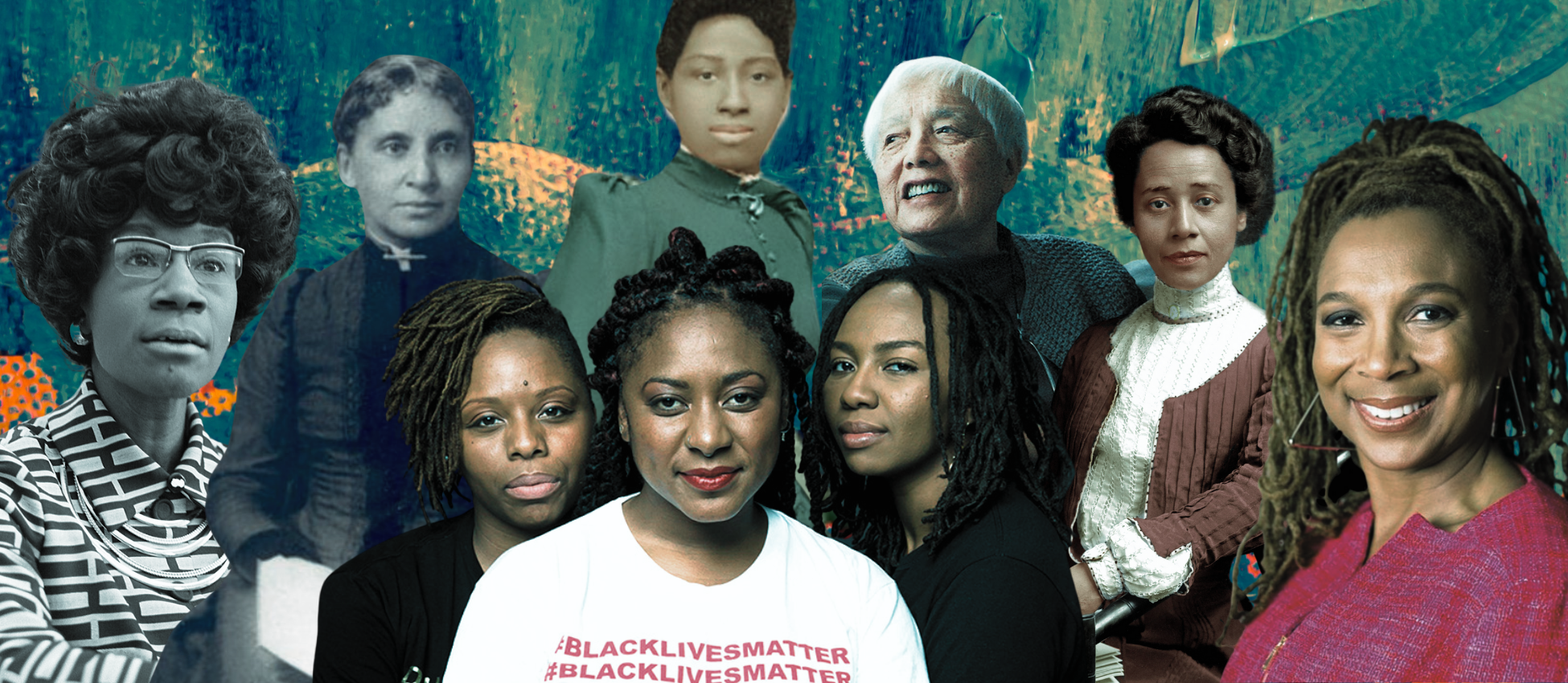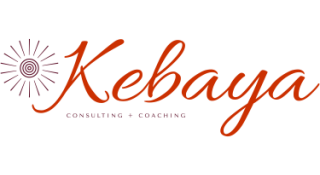
Black Women Solutionaries
Lifelong activist and revolutionary Grace Lee Boggs described solutionaries as revolutionaries who solve problems in our daily lives. They are changemakers who challenge the status quo by offering better ways to think and act. Solutionaries are motivated by love and deep concern for our beloved community. Black women Solutionaries are driven by a sense of justice and equity. They are innovators who bring creativity, critical thinking, and a deep understanding of systemic change to the forefront—working through what many perceive as impossible.
Solutionaries believe that another world is possible. They bring revolutionary answers to life’s problems, refusing to accept a status quo that does not serve our beloved community. These women stand on the shoulders of:
Anna Julia Cooper (b. 1858) – Educator, author, and Black liberation activist.
Charlotte Forten Grimké (b. 1837) – Educator and abolitionist who taught school during the Civil War.
Elizabeth Evelyn Wright (b. 1872) – Founder of the Denmark Industrial Institute in South Carolina, now known as Voorhees University, one of the 100 Historically Black Colleges and Universities (HBCUs) in the United States.
Shirley Chisholm (b. 1924) – The first African American woman elected to Congress and the first woman to run for the Democratic Party’s presidential nomination.
Some of today's Solutionaries include:
Patrisse Cullors, Alicia Garza, and Opal Tometi – Founders of the #BlackLivesMatter movement.
Kimberlé Crenshaw – Co-founder of the African American Policy Forum (AAPF) and pioneer of the concept of intersectionality.
The Institute For Humane Education (IHE) describes a solutionary as someone who
- Makes compassionate and responsible choices.
- Identifies unsustainable, inhumane, and unjust systems, brings critical systems strategic, and creative thinking to bear on solving problems.
- Develops solutions that do the most good and least harm to people, animals, and the environment.
On this page, we highlight the extraordinary work of Black women—locally and nationally—who are making a difference in the world. As you read their stories, consider what you can learn from them to enhance your own work in creating change. Recognizing that sustainable change requires a collective effort, we also acknowledge the contributions of African American men who are committed to building a just society.
From these resources, we hope you will find inspiration to become a Solutionary.
Watch for our virtual convenings, where we will celebrate and learn from the remarkable Black Women Solutionaries shaping our future.


